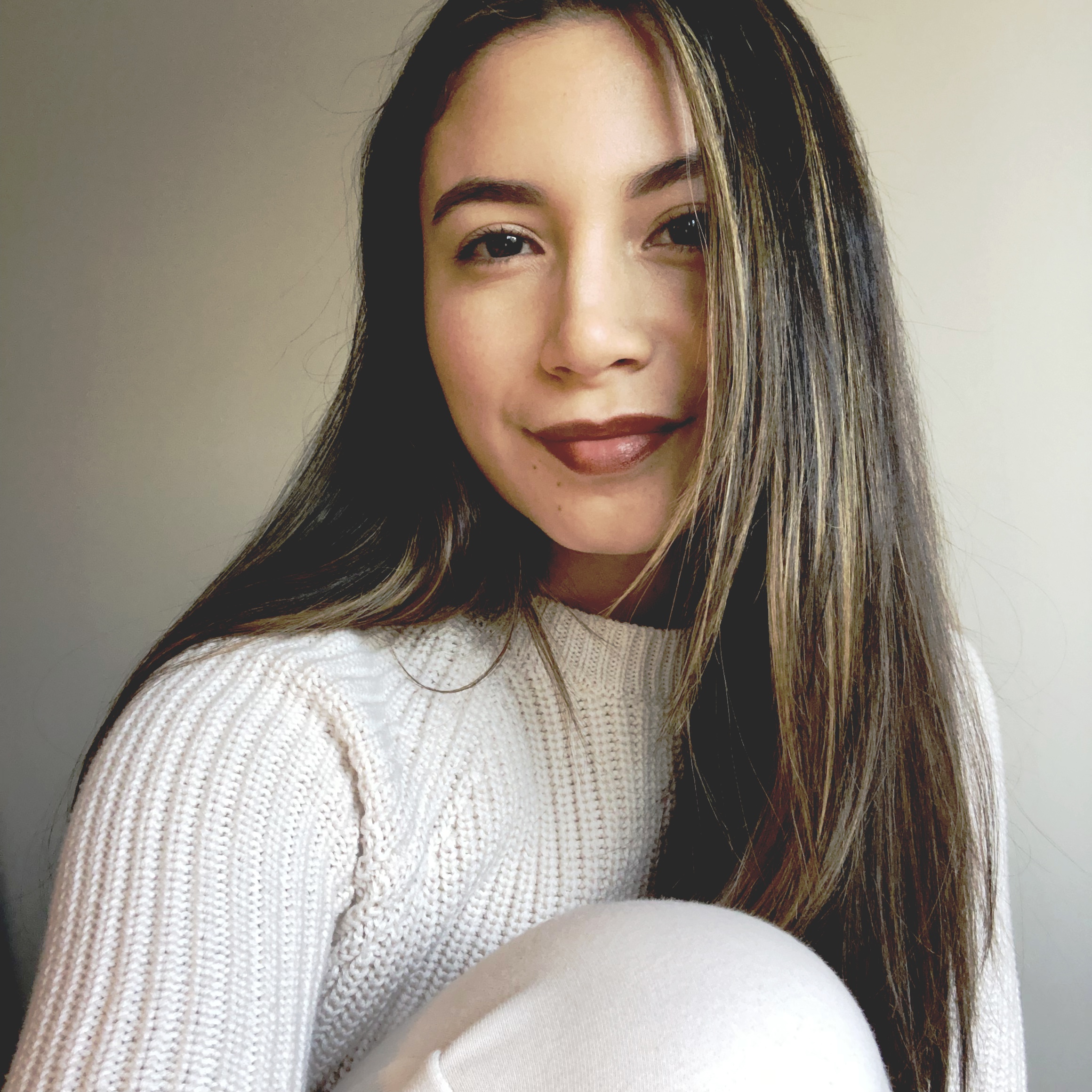Climate Week and International Safe Abortion Day point us to a crisis of care
- Sulafa Grijalva
- Sep 28, 2024
- 4 min read
These events revolve around our society's relationship to soil and the womb

Nature and wombs have been treated as resources for much of humanity’s existence, as machines since the advent of capitalism. To take off, capitalism depended on the labor of the black and indigenous race and the suppression of same. In turn, racial capitalism depended on the reproductive capacity of womb-bearing people and the control of same. This has led to social and environmental crises
One common way we refer to progress is by pointing to the fact that now most of society is, for the most part, free to vote and go to work. The narrative goes (in a reductive way) that Black people are no longer enslaved, Indigenous people are not being massacred, and women are not stuck at home. That’s only partly true, but this post doesn’t focus on debating that. Rather, I want to express that a measure of progress should go beyond the human capacity to produce and to participate in a society that revolves around productivity. I do not consider this to be an extraordinary human achievement, especially given it has taken humanity to the point of annihilation each other and contributing to our own extinction due to climate change. The amount of labor exerted, the high indexes of stress and chronic illness, the mass incarceration of black people, the genocide of people indigenous to the land of Palestine, Democratic Republic of the Congo, and the extinction of much of the trees in the Amazon rainforest due to climate change and the extractive industry spurred by the Global North’s unmeasured consumption, does not, to me, show me that we’ve left something important out of the measurements of progress and development: the notion of care.
Care is our capacity to care for ourselves, for others, and for the planet. We’ve got ways to go when we look at development through this lens. According to the New York City-based advocacy group Domestic Workers United, care is “the work that makes all other work possible.” Premilla Nadasen says "[t]he notion of care seems simple enough. Care is about nurturing, feeding, nursing, and loving human beings.” I propose that if we want to see social and environmental change and live in a society that is populated by people who feel healthy in the mind, in the heart, and in the body and in harmony with our natural surroundings, then we must focus our capacity to care love and care for ourselves, others, and the planet because, care is essential to our survival. The quickest way to realize that is by noticing that the only reason Capitalism as the hegemonic economic system still exists today is because it has depended on the capacity of Black and Indigenous people and womb-bearing people to provide care.
Today marks the end of New York Climate Week and international abortion day. These two events, one of which relates Nature, the other which relates to Womb-bearing people, meet at the intersection of the amount of care given to the literal and figurative version of the womb. Let me explain.
Soil is the womb of all seeds. If the soil is fertile, seeds grow and miracles happen. These include trees, flowers, vegetables. But some seeds do not grow because in nature, not all seeds are meant to be sown. In the human body, wombs are the home for miracles to happen as well, and similarly, abortions and miscarriages show us, since ancient times the principle that nature shows when a seed does not bear its fruit. How is it then that the country that I live in, the United States, and the country I was born in, Ecuador both criminalize abortions along with plenty of other countries? It is disheartening that these sources of life, Nature and Womb-bearing people, are treated with such little love and care.
The little love and care our society provides to those seeking abortions is similar to the little love and care with which the capitalists of our society treat rainforests and precious mountains. The oil and mining industry drill, damage, and extract. In light of this tragedy, both in the environments inside of the human body and the environments outside, I believe that social and environmental justice narratives must include a conversation about love and care. A conversation about healing justice, because Nature is in crisis and the fact that abortions are banned and womb-bearing people left to their own demise is a barbaric tragedy.
I wish for us to become aware about our relationship to nature: do we notice its presence in our lives? Do we admire its beauty? Do we hurt when we see that it is hurting like with the wildfires in the Amazon rainforest. I wish for us to become aware that just because now we have certain freedoms like the ability to go to and vote, it does not mean that we are not in crisis.



Comentários